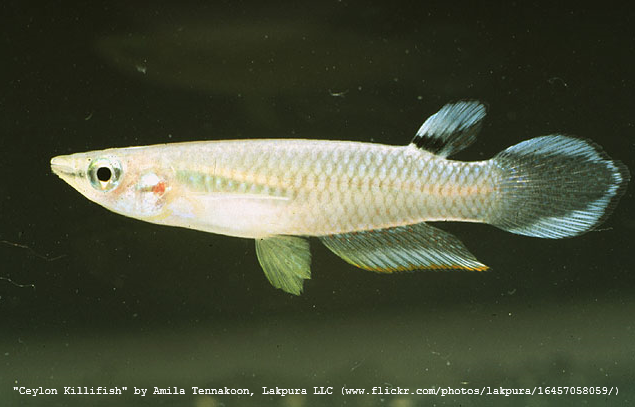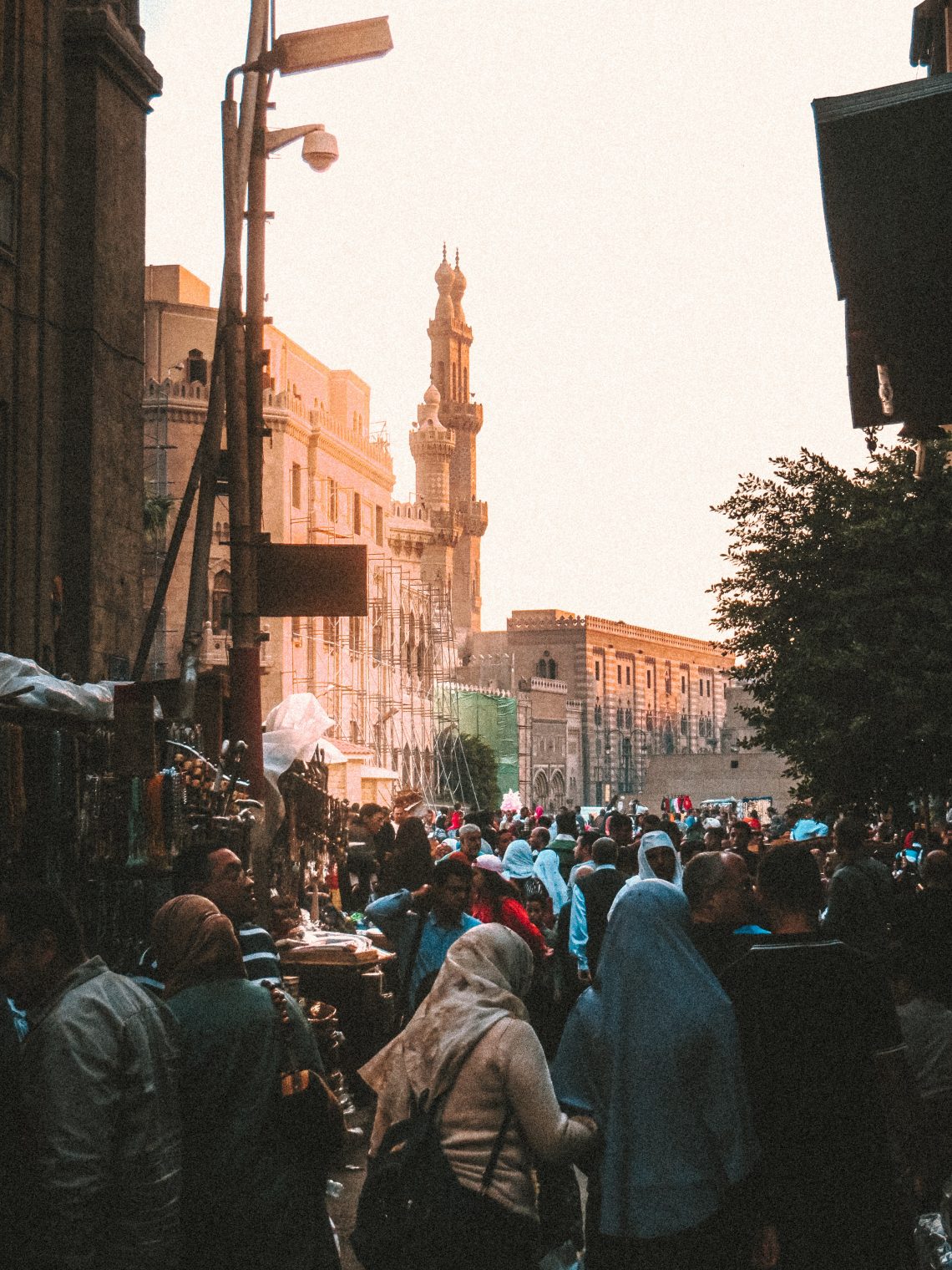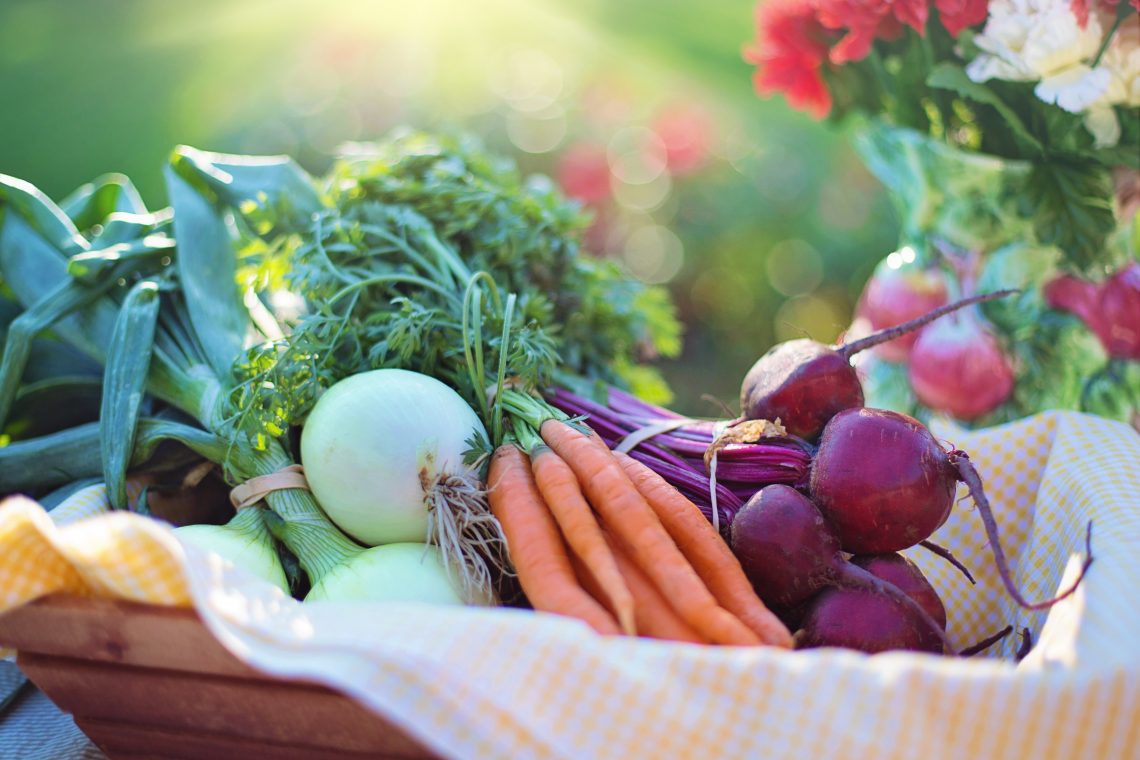You may have heard talk of the benefits of intermittent fasting through alternative health sources across the internet during the last several years. It's been all the rage. Essentially, intermittent fasting is when you voluntarily eat less, or nothing at all, for a period of time.
-
-
Egypt’s bread subsidies may bring millions to the brink of starvation
In Egypt, the recent announcement that bread prices, long subsidized for much of the population, would likely have to rise was met with cries of despair. Indeed, over two-thirds of the population of Egypt depend on inexpensive bread for daily sustenance.
-
The biology of coffee, the world’s most popular drink
You’re reading this with a cup of coffee in your hand, aren’t you? Coffee is the most popular drink in the world. Americans drink more coffee than soda, juice and tea — combined.
-
How junk food shapes the developing teenage brain
Obesity is increasing worldwide, especially among children and teenagers. More than 150 million children in the world are obese in 2019. These children have increased risk of heart disease, cancers and Type 2 diabetes.
-
The developing world is awash in pesticides. Does it have to be?
In today’s globalized world, it is not inconceivable that one might drink coffee from Colombia in the morning, munch cashews from Vietnam for lunch and gobble grains from Ethiopia for dinner. That we can enjoy these products is thanks, in large part, to expanded pesticide use across the developing world.
-
Who’s keeping organic food honest?
If you live in the U.S., chances are you are among the 84 percent of American consumers who purchase organic food. Whether you buy it at the grocery store or the farmers market, you trust that food marketed as organic has been raised without toxic chemicals, using farming methods that are environmentally sustainable. At a minimum, you expect organic farmers…








